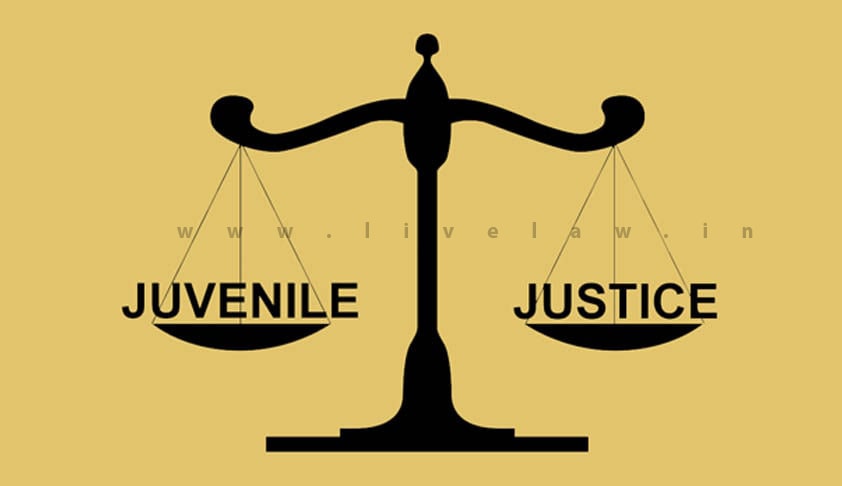Court cannot issue a direction in breach of law however noble it may seem to appear; Madras HC declined to issue a blanket order to release Juveniles on same day of surrender
Apoorva Mandhani
23 Feb 2016 11:50 AM IST

Next Story
23 Feb 2016 11:50 AM IST
